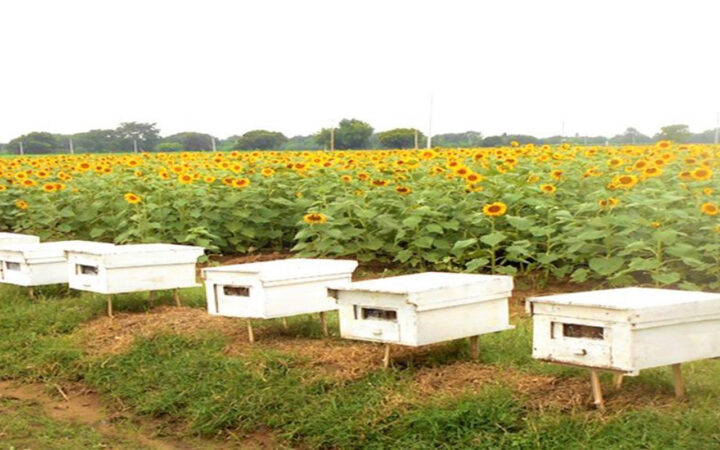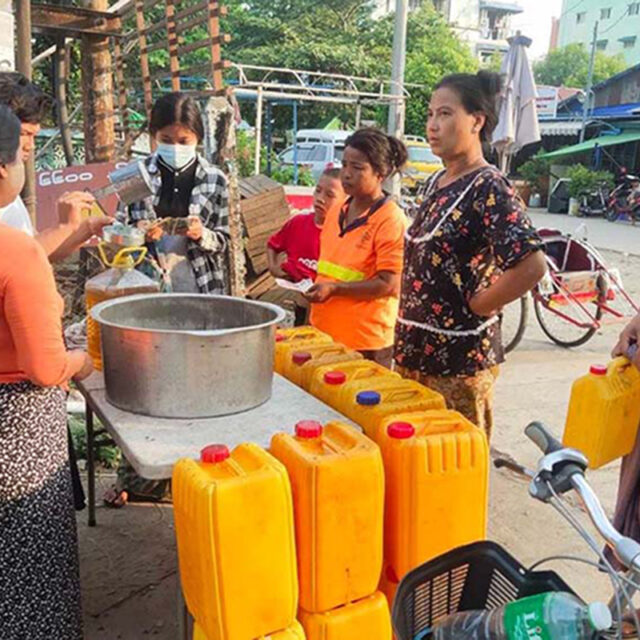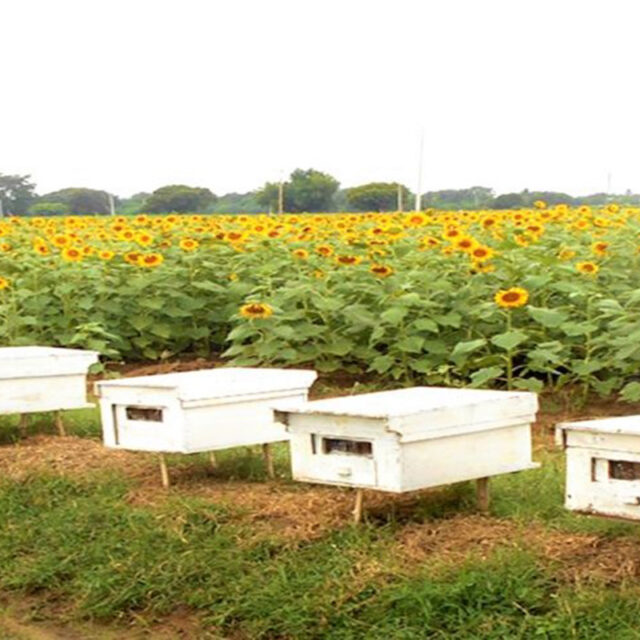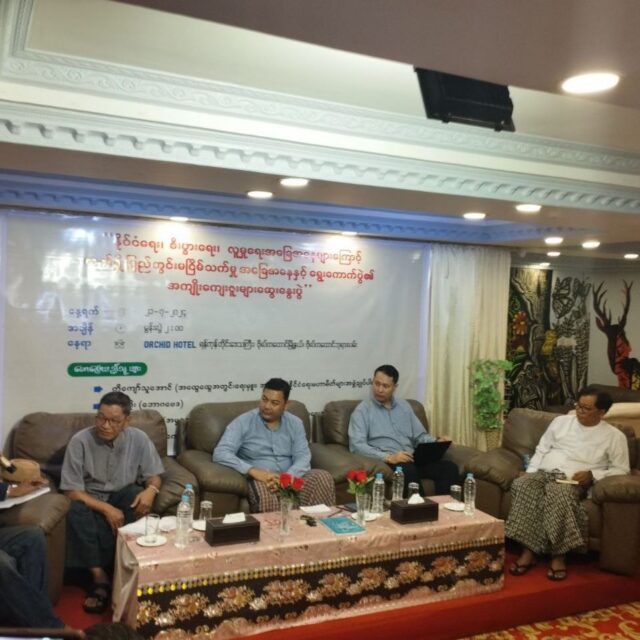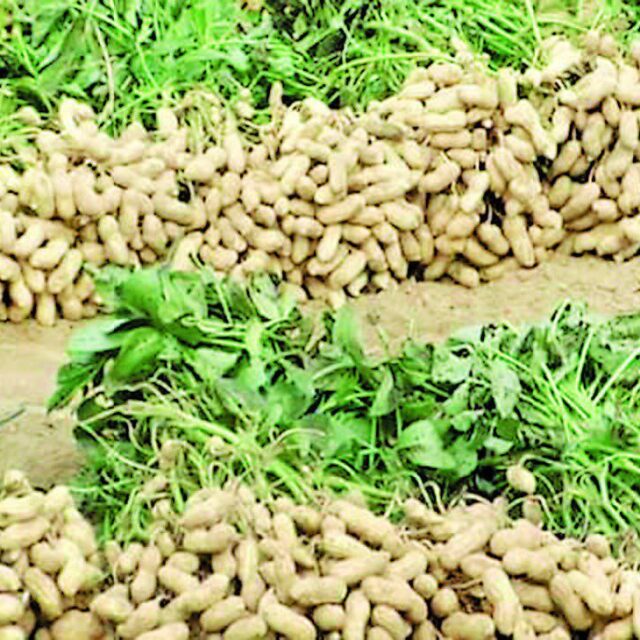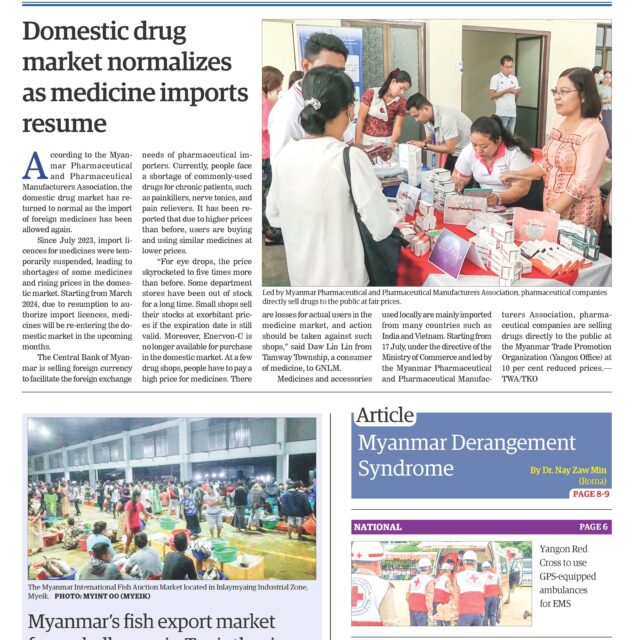Kolkata of India proposed to buy Myanmar’s honey through the Consulate-General of the Republic of the Union of Myanmar, according to the Myanmar Trade Promotion Organization in Magway Region.
They want honey with a moisture level below 18-19 per cent and packaging in a 50-kilogramme jerrycan. Myanmar has received an order for one container loaded with honey.
Kolkata asked to connect with suppliers. Therefore, those interested suppliers can contact the Myanmar Trade Promotion Organization through 067 408618 or email [email protected].
Myanmar’s honey production is estimated at over 4,000 metric tons annually. Sixty per cent goes to foreign markets, while the remaining is designated for domestic consumption. Honey is utilized as a traditional medicine in the country.
Myanmar primarily exports honey to China, Japan, South Korea, Thailand, the US and Singapore. Myanmar shipped over 488.21 metric tons of honey to foreign trade partners in the last FY 2024-2025 (April 2024-March 2025), comprising 461.21 metric tons through maritime trade and 27 tonnes via land borders, bagging US$0.732 million, the Apiculture Division’s data showed.
Myanmar exported honey to Japan with 279.21 tonnes worth $418,815 and also sent to South Korea with 0.5 tonne worth $750, Thailand with 181.5 tonnes worth $272,250 and China with 27 tonnes worth $40,500.
Myanmar exported over 2,200 metric tons of honey to foreign trade partners in the last FY 2023-2024.
Sagaing and Mandalay regions are the leading producers of Myanmar’s honey. Myanmar’s beekeeping businesses are also found in Yangon, Bago, and Magway Regions, as well as Kachin, Kayah, Kayin, and Shan States. Myanmar produces sesame honey, jujube honey, Niger honey, sunflower honey, lychee honey and flower honey.
There are some State-owned beekeeping stations with 6,200 beehives in 31 townships and over 950 private beekeeping businesses operating with nearly 200,000 beehives.
Moreover, two million acres of crops yearly contribute to bee pollination every year. Beekeeping businesses near the crop fields contribute to the successful yield of the crop as well as quality bee production. — NN/KK
Kolkata to buy honey from Myanmar
- July 23, 2024
- 5
